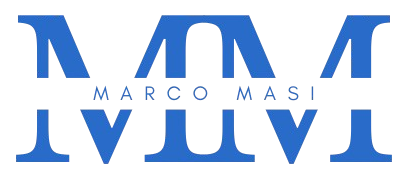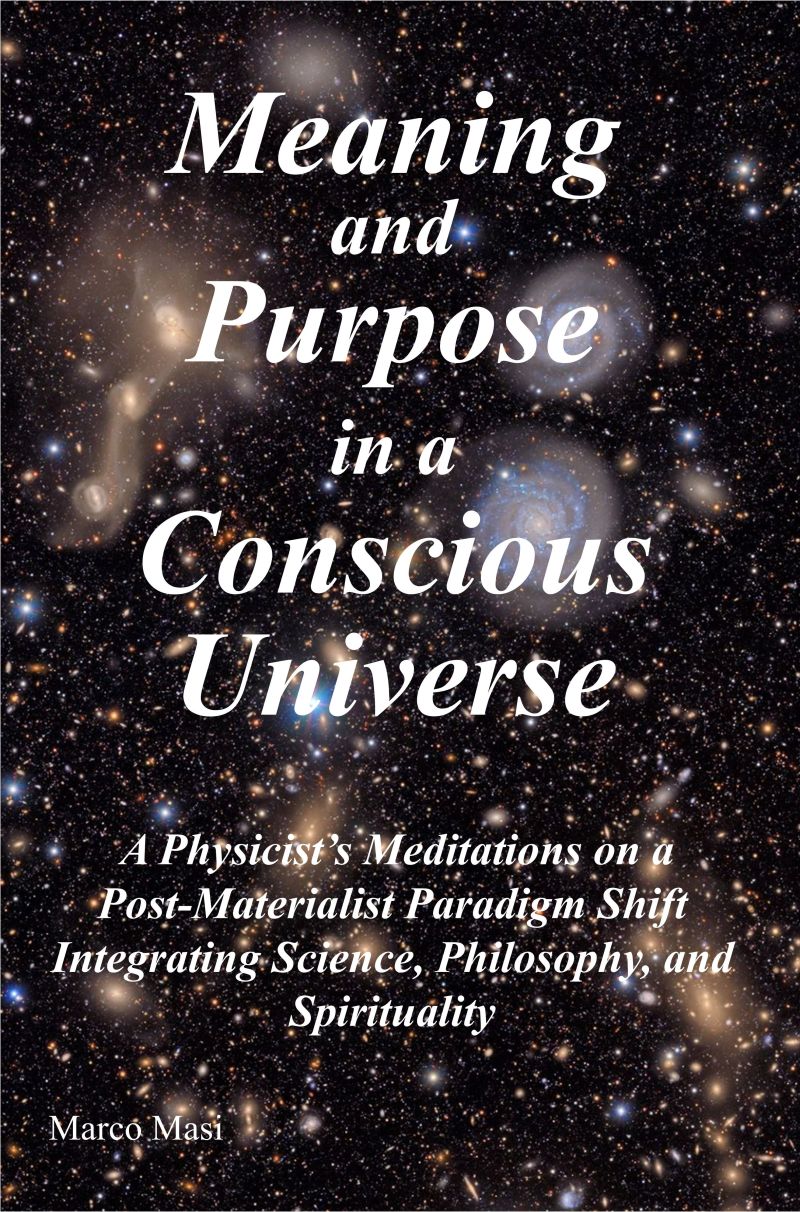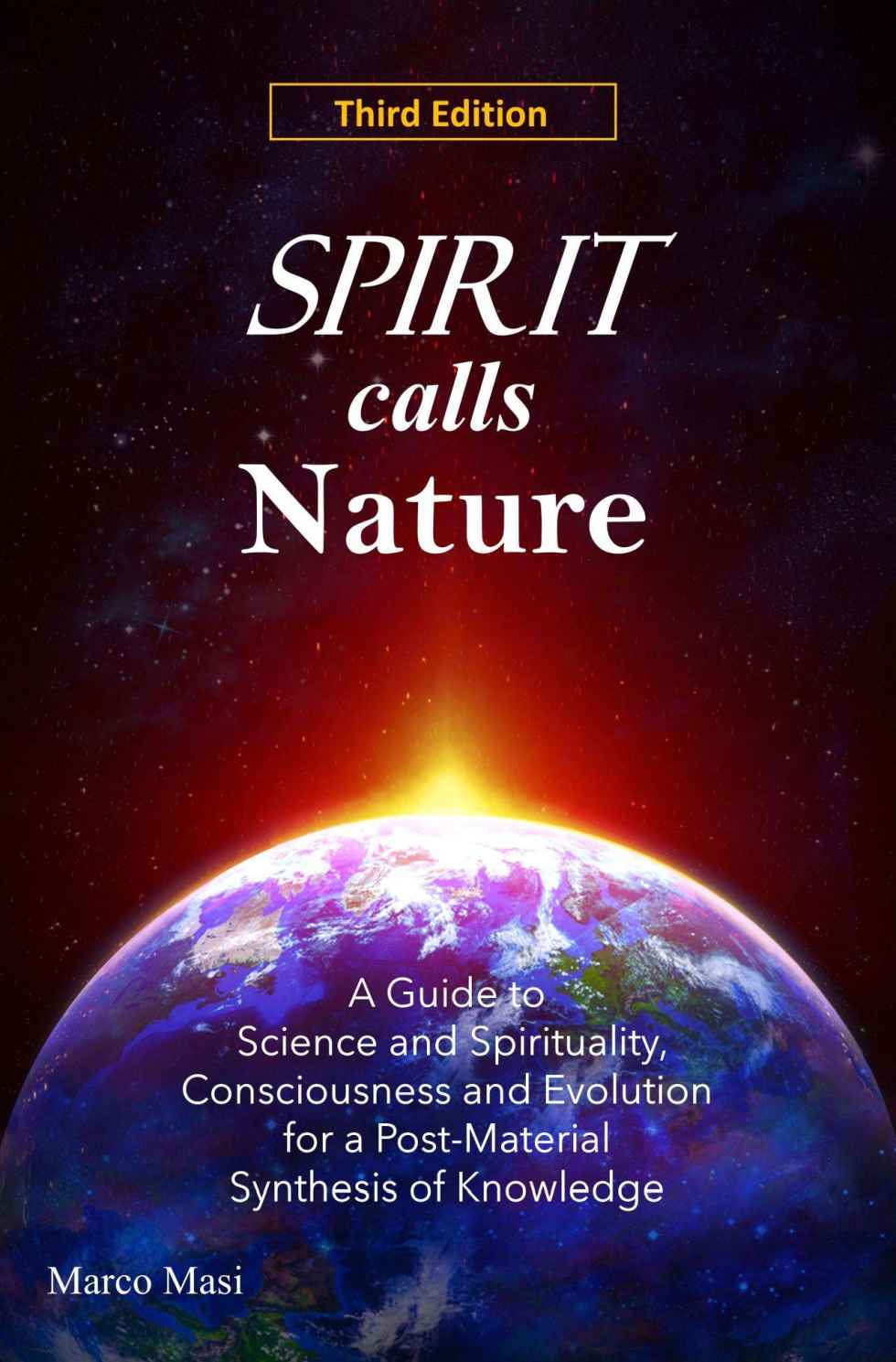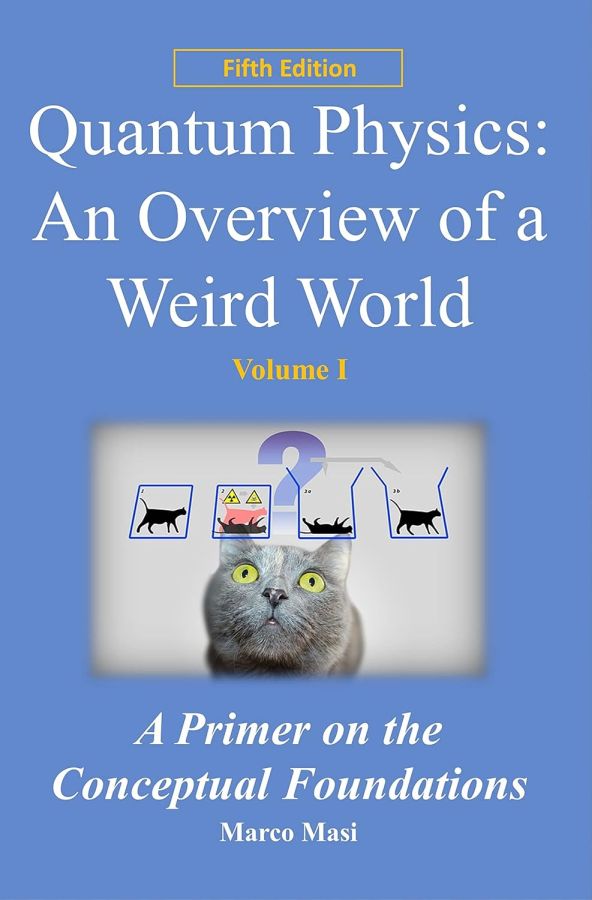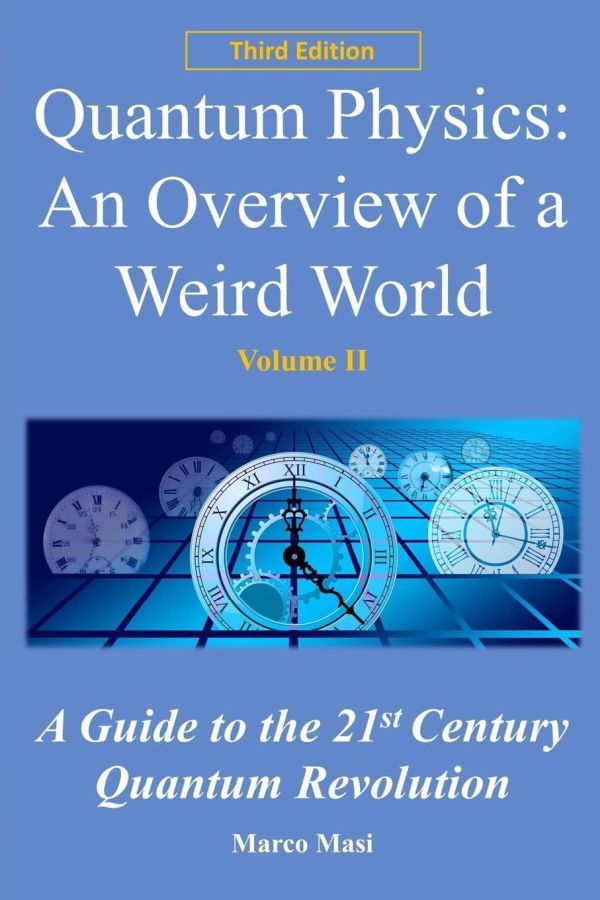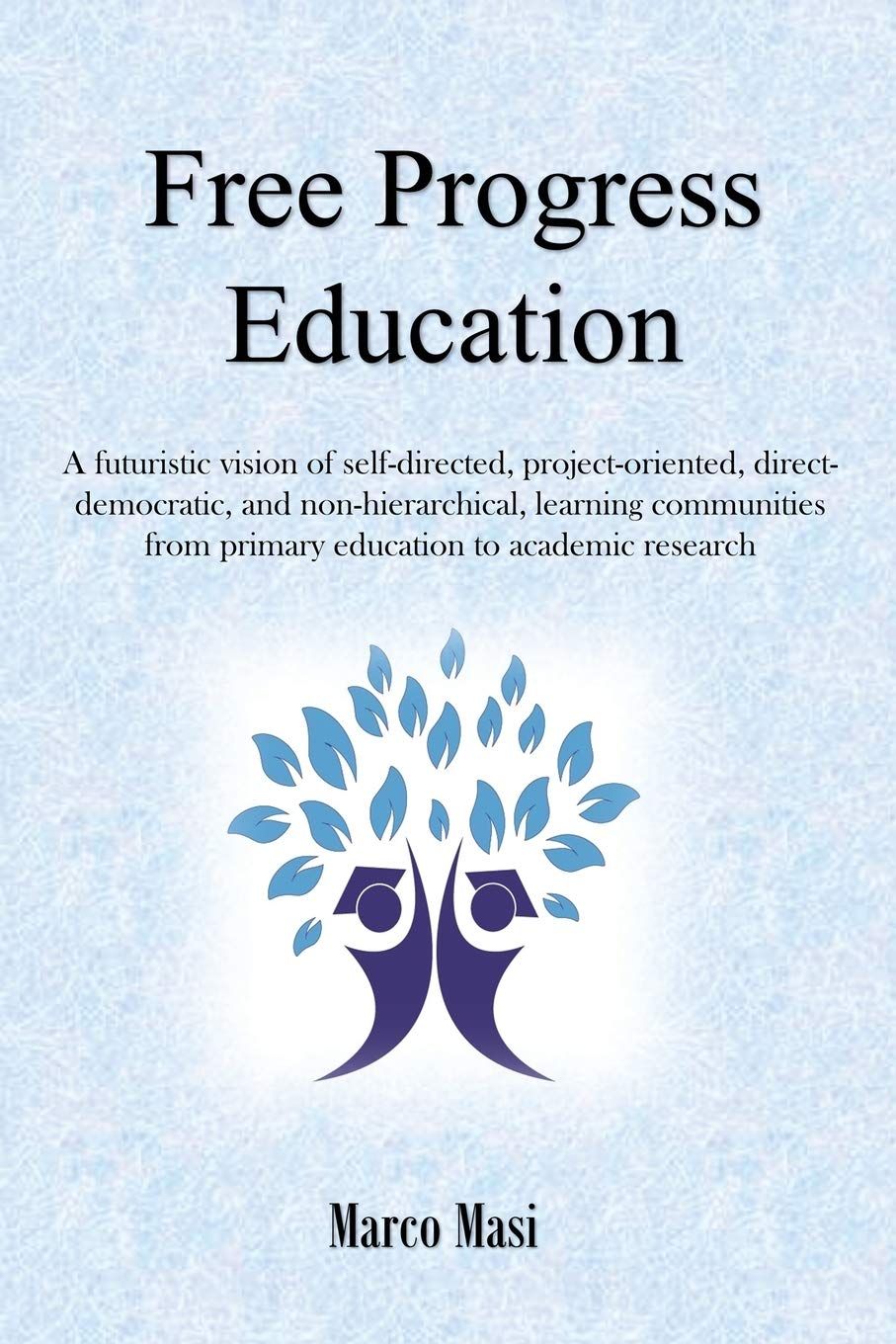This is a collection of essays by a physicist with a primarily scientific background who, nonetheless, nurtures a pronounced metaphysical inclination. It consists of a series of personal meditations exploring the connections between science, philosophy, and spirituality. Drawing from years of reflection at the crossroads of analytical inquiry and contemplative thought, he examines the assumptions that shape modern science, suggesting a more holistic, post-material understanding of reality. These essays are ruminations by a scientist who seeks coherence between the measurable and the ineffable, born from a life spent contemplating both the clarity of physics and the mystery beneath it. The reader is invited on a multi-perspectival journey that transcends disciplinary boundaries, weaving together insights from physics, biology, metaphysics, and the philosophy of mind by reexamining long-standing assumptions about matter, mind, and meaning. Whether you are a scientist, philosopher, or seeker, this book aims to offer a thought-provoking perspective on how the universe—and our understanding of it—may yet evolve beyond the confines of matter alone.
This volume is the continuation of “Spirit Calls Nature” and focuses on a post-material vision that embraces a teleological worldview, revealing a conscious universe rich with meaning and purpose. It delves into the mysteries of consciousness, life, and evolution, as well as the mind, free will, their connections to matter, quantum physics, and speculations about divine causation. Additionally, it explores the nature of reality through the lens of philosophical idealism, incorporating an East-West perspective. This journey leads to an integral cosmology of universal consciousness, merging scientific and spiritual worldviews that provide insights into enduring questions of meaning and purpose, which are more relevant now than ever. Promoting a synthesis of knowledge that integrates science, philosophy, and spirituality, these reflections lead to the recognition of our evolutionary journey toward higher states of consciousness, which are leading us toward the brink of a significant transformation within a post-material paradigm shift that integrates intuition and rationality, culminating in a deeper sense of meaning and purpose.
No ultimate truth or theory of everything. Instead, a working hypothesis, conjecture, and suggestion that point toward a path beyond the confines of physicalism, inviting exploration of where this path may lead.
Spirit Calls Nature
This was the most intellectually challenging work and research of my life, but it was definitely worth the effort. Modesty aside (I know that it sounds a bit arrogant but allow me that…), considering how pseudo-sciences and quantum woo-woo on the one hand and a pervasive narrow-minded and blind materialism on the other are both dominating our culture, I contend that, to the best of my knowledge, this is the most coherent and up-to-date scientific investigation that establishes a bridge between consciousness and matter, East and West, Spirit and Nature. There is no need to resort to controversial subjects like parapsychology. As far as possible statements are based on down-to-earth peer-reviewed articles in mainstream journals and genuine introspective knowledge on the relation between science with philosophy and spirituality, philosophy and evolutionary biology from a scientific and teleological perspective, and much more.
Overall, it is more than a 500 pages read. Not an easy read, but I promise you that, if you will go through it until the end, you will see science, life, evolution, and reality from a much more integral perspective.
And, last but not least, if you consider the book worth a mention, suggest it to others and leave a positive review! Thank you.
Enjoy!
Free Progress Education
Schools, colleges, and universities have become homogenizing systems that are almost exclusively focused on imposing a pre-ordered curricula through exams and grades or tight research lines. In the process, they are killing passion, creativity, and individuals’ potential and skills. Ultimately, schools and academia make up a system that serves a collective machinery but suffocates individual growth.
This state of affairs is not a necessary evil. Learning, discovering and teaching can be a natural, spontaneous and luminous expressions of a free and progressive growth if they are allowed to be practiced in an appropriate environment. This is a ‘manifesto’ for a Free-Progress-Education (FPE) paradigm according to which the best way of learning, acquiring knowledge, and doing research comes through a process of free self-directed learning, and a progress of self-unfoldment and self-discovery, that must be guided from within. In schools, colleges, universities and beyond. A FPE learning centre would be expected to foster curiosity, intuition, self-directed-learning in diversity, and, especially, wholesome respect for the practice of complete and responsible freedom of individual expression.
FPE goes beyond the standard paradigm of unschooling or the pedagogical approach of democratic schools since it includes self-directed-education that can also work in high schools, colleges, universities, and research centres. It i
After a brief introductory presentation, a personal preamble of the author describes his experiences with institutionalized learning from childhood to the doctoral dissertation and in a high school as a teacher. Then, the roots of the stagnant state of education will be investigated which is still based on an industrial and mechanistic mindset, and is perceived with increasing dissatisfaction. While analysing the detrimental effects that a managerial and industrial mentality has had on the education and intellectual growth of several generations, we will take as an example the deficiencies of the so-called big science, i.e. of the modern, large-scale scientific initiatives. Surveying past and present learning approaches such as the interesting renaissance of homeschooling and welcoming new trends such as unschooling or democratic education, the second part of this book looks beyond these paradigms searching for a wider spirit of education. It is emphasized that no reform is possible inside the current school and university paradigm, because it is in its essence an authoritarian system that won’t allow itself to be dismantled from within. The last part of this book focuses upon a brief set of alternative proposals, which aim at overcoming the centuries-old shortcomings of the present educational system, by favouring intrinsic over extrinsic motivation. Preliminary practical ideas are put forward on what a free-progress learning community might look like, and what the first steps for its realization might be. It is explained there why it is only through a change from the ground up that the certificate-oriented educational system can transform itself into a project-oriented, self-organized, competence-portfolio based one, with no exams, grades, degrees, or other administrative trammels. At the same time, it must be made clear that the ultimate aim of doing away with the present system of assessment criteria would be to install a much deeper and articulated paradigm shift than some superficial reform and even beyond the actually undeveloped democratic education concept which still falls short beyond high-school level. What is visualized is an evolutionary pedagogical perspective, compared to the conventional one, and presented as the necessary condition for a ‘Copernican approach’ to education. Only after that perspective has been realized can new competences, curiosity, intuition, and real forms of creative learning return to flourish in schools and academia.
